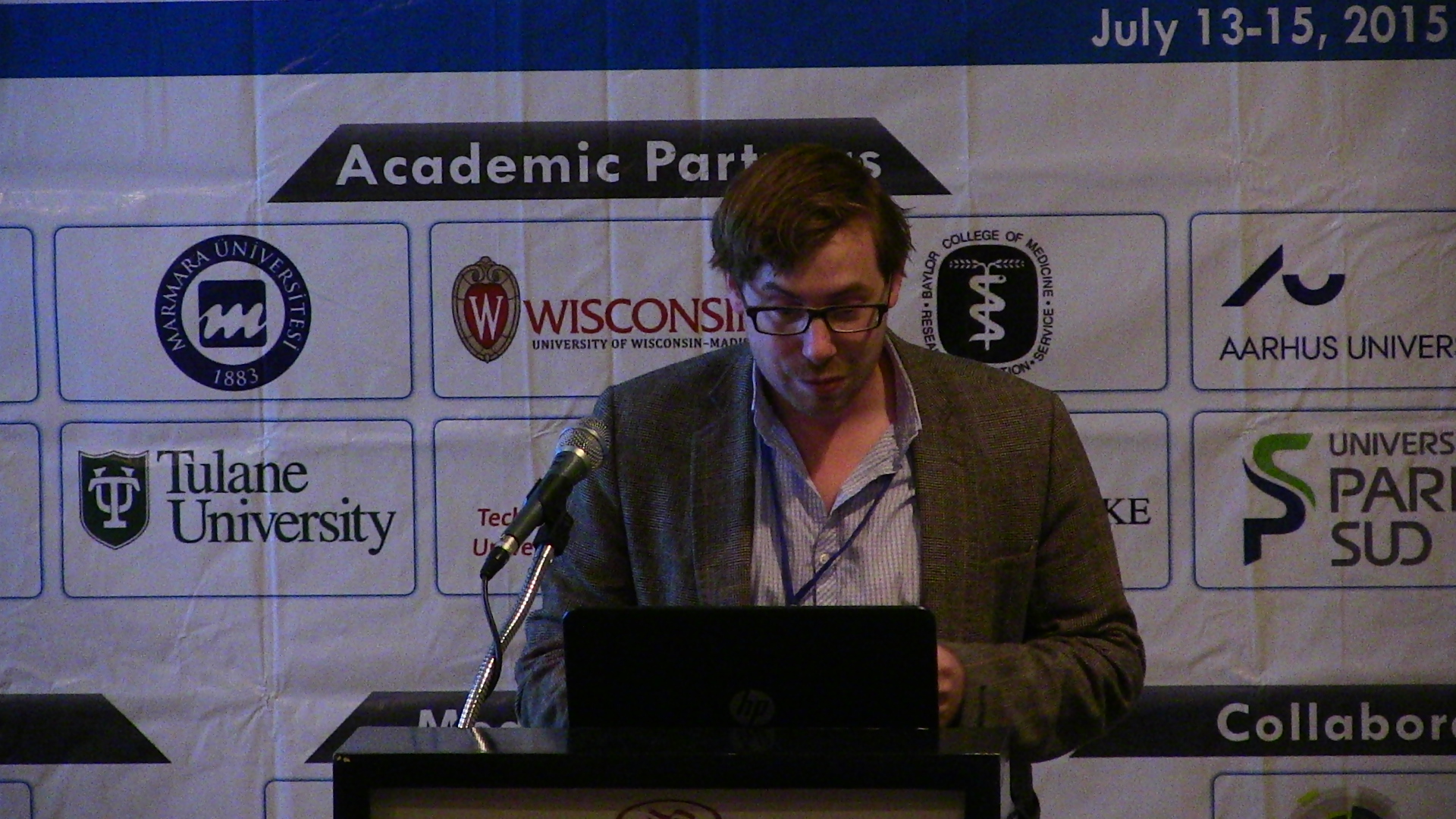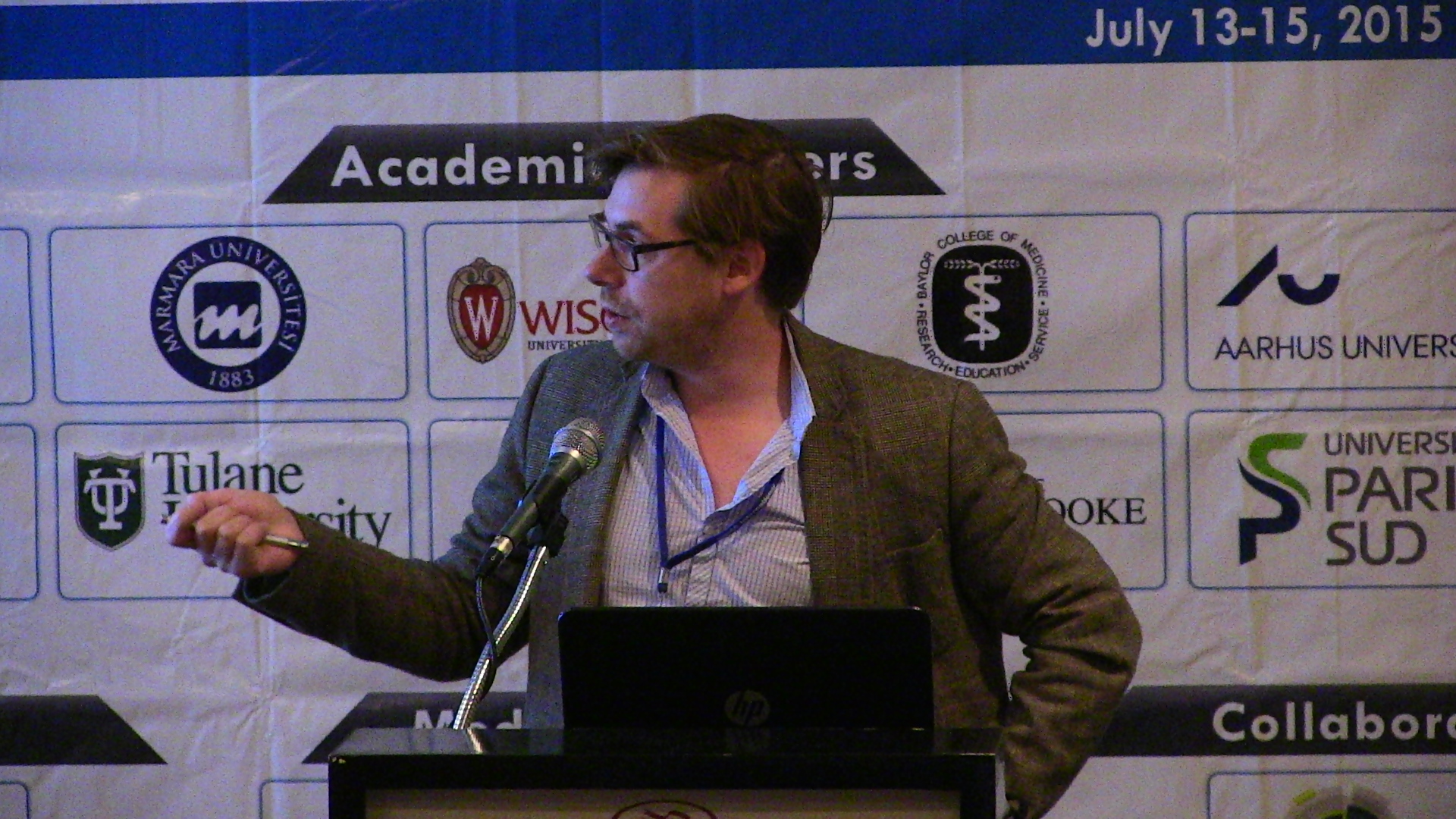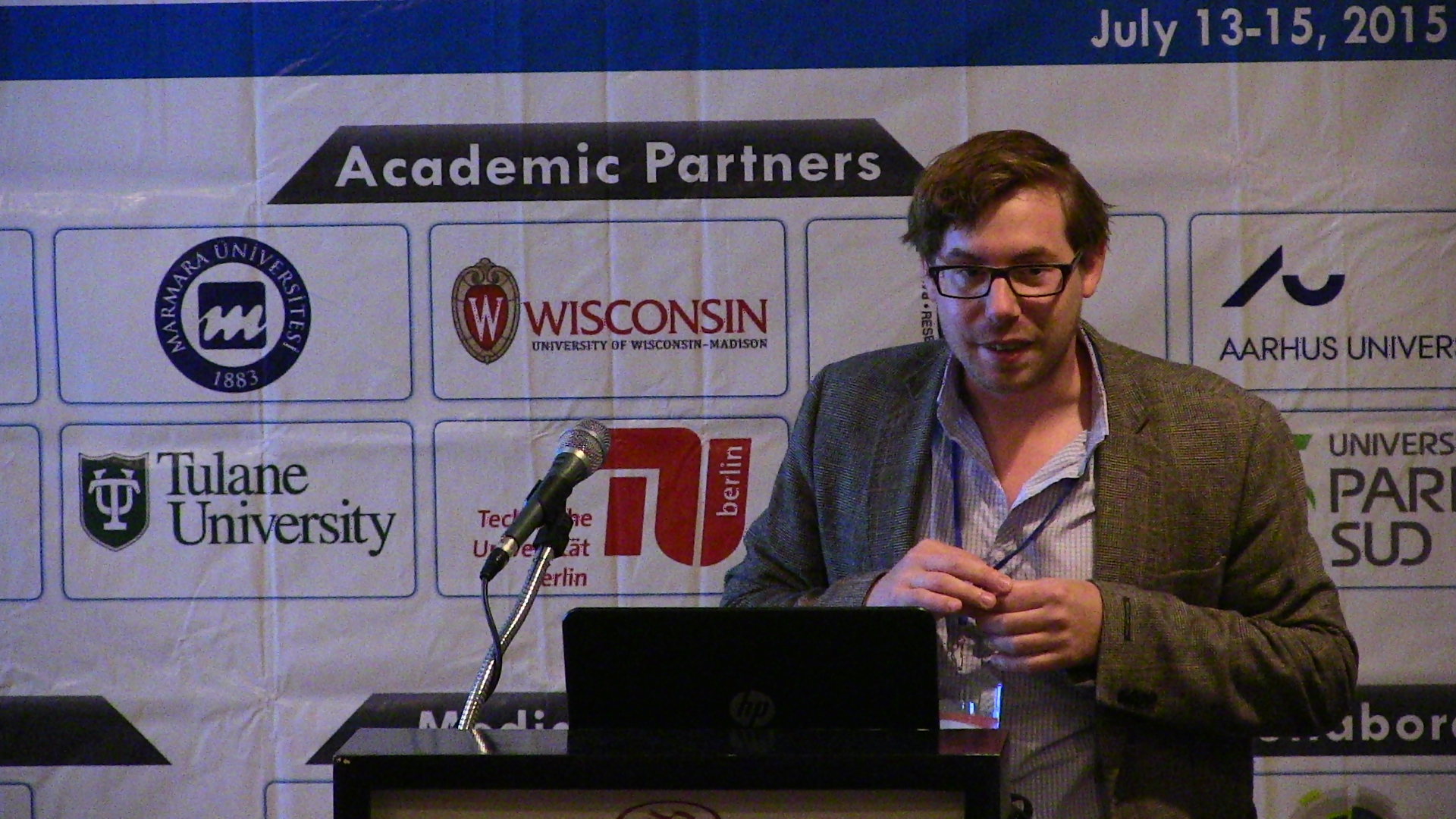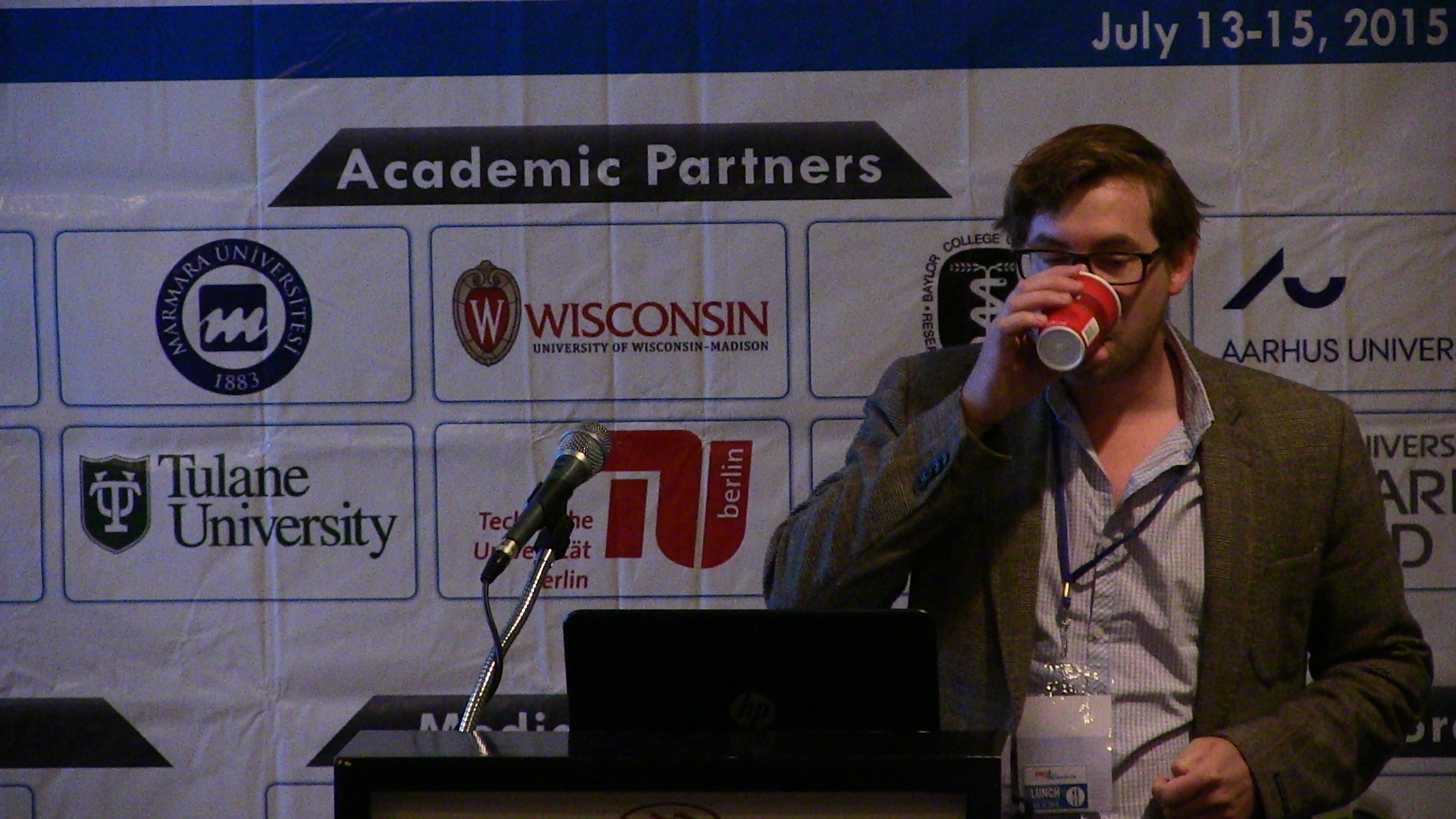
Yannick Weesepoel
Institute of Food Safety, The Netherlands
Title: Determination of the specialty status of different types of coffees by proton transfer reaction-mass spectrometry
Biography
Biography: Yannick Weesepoel
Abstract
Consumer demands are increasing for consumables either produced in an organic way, obtained via fair-trade systems or speciality produced. Especially in the case of coffee these factors seem to have established a permanent role in the choice of consumers for certain types of coffee. In conjunction with higher levels of organic or fair-trade certification and uniqueness of the coffee, trading prices increase inevitably. The (standard) high-end Kopi Luwak coffee can reach up prices to USD 600 per kilo or USD 275 per lbs. As a direct consequence of increased pricing, coffees may be subjected to economically motivated adulteration, e.g. (part of) the coffee is replaced by cheaper counterparts, while package statements may mislead consumers. As a possible solution specialty coffees can be investigated chemically, however no base-line information on how to discriminate these coffees was available. Therefore, 110 market coffees with either a specialty or regular production process were characterized on the basis of their volatile intrinsic markers by high sensitivity proton transfer reaction mass spectrometry (HS PTR-MS). Espresso coffees, Kopi Luwak coffee and organic coffees, could be distinguished by their profiles of volatile compounds with the help of chemometrics. A PLS-DA classification model was used to classify the organic and regular coffees by their HS PTR-MS mass spectra. Extensive cross validation showed correct prediction of 42 out of the 43 (98%) organic coffee samples and 63 out of the 67 (95%) regular coffee samples. It was concluded that the usage of direct headspace analysis techniques like HS PTR-MS is a promising approach to rapid organic and specialty coffee authentication.




